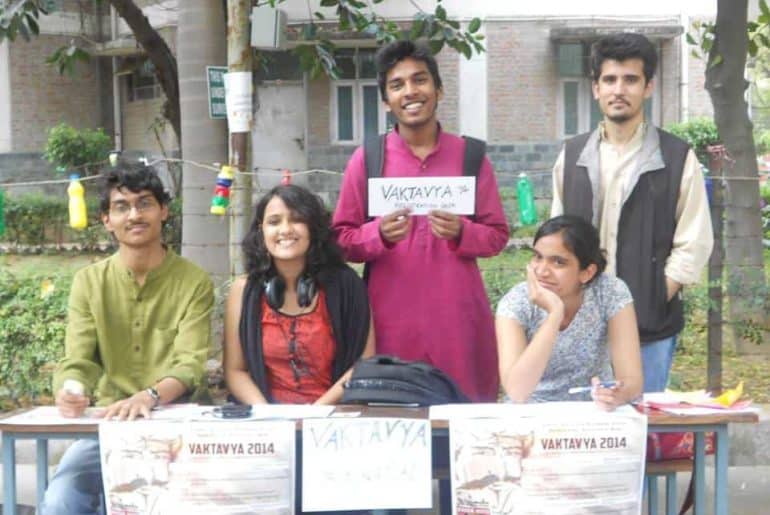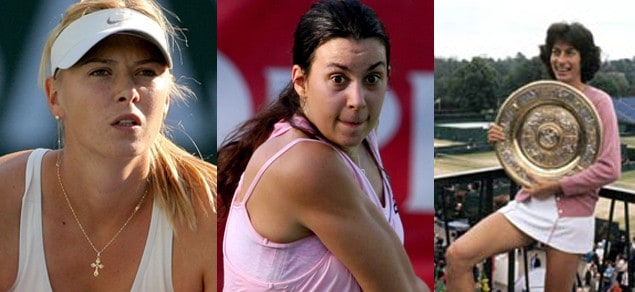Following the uproar that this recent video trending on social networking sites elicited, I will here cautiously explain how this combination of sexism, stereotyping and stupidity has always been ‘trending’, be it on the social media or in daily parlance. Coming from LSR, one is always aware of the label of feminism that one carries regardless of whether one is a feminist or not. But defending the college is not the only reason I want to decry ‘Why LSR girls should date NSIT guys’. I don’t know how many people took offence and how many people gloated over it, but being a woman, it was difficult to ignore this level of ignorance, and hence, this piece.
By casting the LSR girl (and not woman) in a highly sexist stereotypical mould, I don’t know what aim the makers of the video had sought to fulfill. Was it for some ‘macho’ NSIT publicity or was it about labeling the LSR student as ‘needy, yappy and materialistic’ as put by one viewer in a YouTube comment? If it was indeed filmed in poor taste, it was demeaning for women as a whole and we would collectively like to voice our opposition to it, but if it was just another video with but mere facts, you’re way behind the times. If you don’t care about being sexist, at least care about being stupid. No brownie points there.
If the video in question was meant to be a joke, then to all those who have requested us to take it in good humour, the video makes little to no sense, and isn’t funny at all. Let’s go over some gems this video has showered us with-
- We listen to your crap: Are we doing an early 90s ‘rich girl-poor boy-I want you at any cost’ film? Not all women are verbose, and verbose is not always yappy. We hope you are mature enough to engage in meaningful conversation as well.
- Carry your shopping bags: Machismo, misogyny, senselessness. Women shop, women are physically weak, a boyfriend is essentially a porter. If only that were ever a criterion. If you do want to chivalrous, try being sensible and sensitive, and not stereotypical.
- Parents’ approval: Has anybody ever tried this? If this was a publicity stunt, we hope no parents’ were watching.
- Why I won’t break up with you (the status symbol factor- “bhai LSR ki ladki dila de”): Speaks volumes about the NSITian in question. Your friends treat you well just because you have a girlfriend from LSR? I wonder who the joke is on!
- I won’t cheat on you (because NSIT is largely populated by male students): Ever heard of homosexuality and bisexuality, or do I sound absurd? Is that all that makes you trustworthy? According to the video, we can trust you because you are a straight man in an almost all-boys class, implying that you would have cheated on your girlfriend, if you could have?
- The best part-placements: Well, if a woman is materialistic, she can also be a self-financed materialistic woman. Many wonder if a woman would be involved with a man who earns less than her. Such are the stereotypes that we have created over the years; the man has to be taller, stronger, and sharper.
- LSR teachings- being a lesbian is okay: Apparently, LSR women are either feminists or lesbians. Well, let me teach you this then; being gay is also ‘okay’, and you may cheat on us now.




![_MG_8214[1]](https://dubeat.com/wp-content/uploads/2014/02/MG_82141.jpg)

